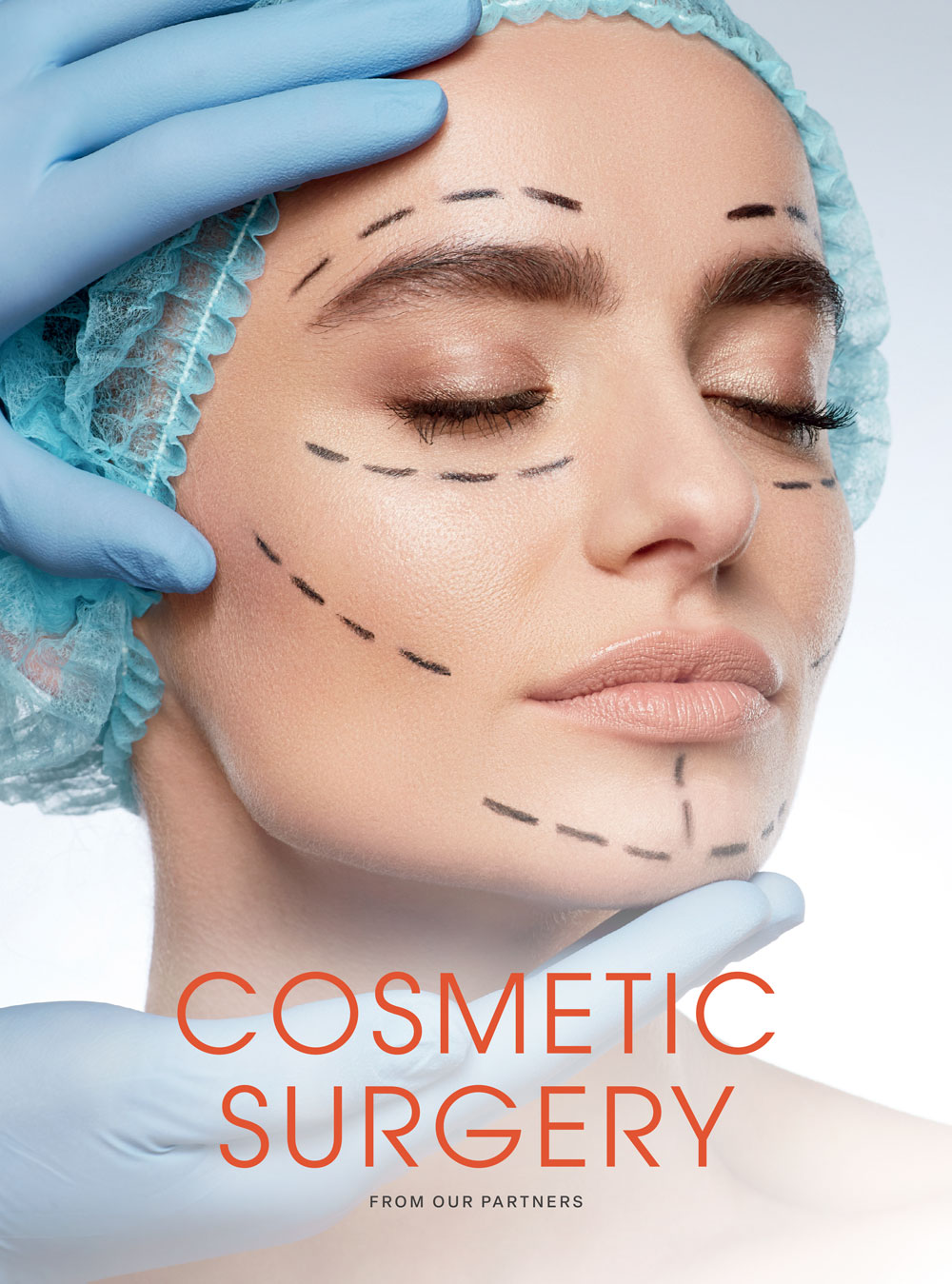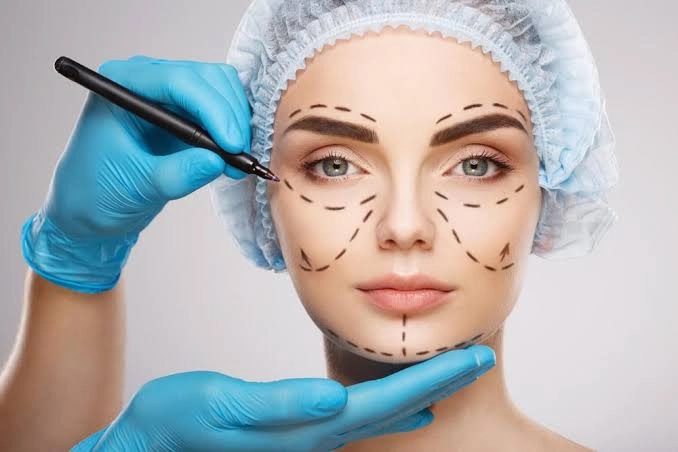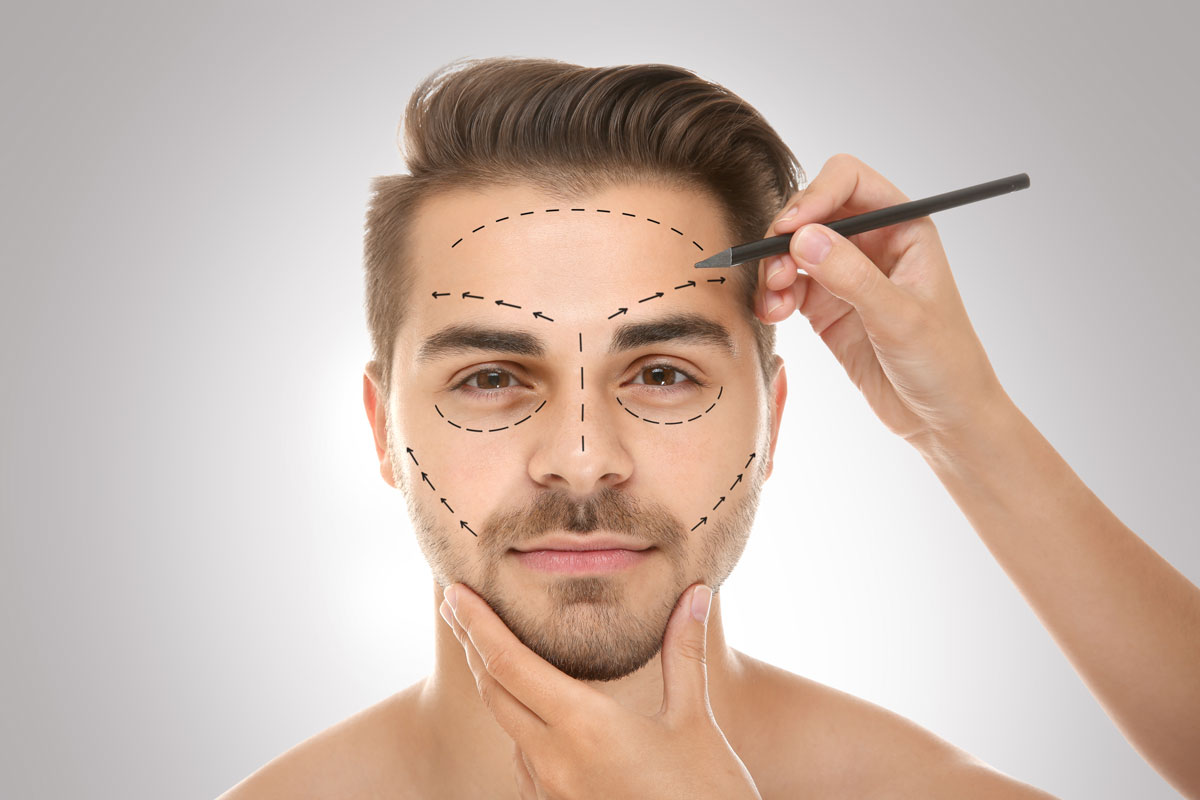Breast Augmentation Rancho Cucamonga: Tailored Solutions for Richer, Natural-Looking
Breast Augmentation Rancho Cucamonga: Tailored Solutions for Richer, Natural-Looking
Blog Article
Checking Out the Psychological and Social Elements That Drive People to Consider Aesthetic Surgery as a Means of Renovation
The choice to go after plastic surgery usually expands past plain aesthetic appeals, linking with social and mental characteristics that warrant complete assessment. Factors such as self-worth, pervasive societal elegance standards, and the pervasive influence of social media sites assemble to form individual motivations for surgical improvement. As these influences end up being significantly prominent, comprehending the underlying psychological and social contexts is important. What continues to be to be discovered is the extensive effect these factors have not just on individual identification however likewise on broader social norms and worths surrounding beauty and approval.
The Function of Self-Esteem
Self-worth significantly affects a person's choice to seek cosmetic surgical procedure. People with low self-worth often view themselves in an adverse light, resulting in sensations of insufficiency concerning their physical look. This negative self-perception can drive them to seek surgical treatments as an approach of boosting their self-image. The desire for enhancement in one's look is frequently connected to a belief that such adjustments will boost their total self-regard and self-confidence.

Inevitably, the role of self-confidence in the decision-making procedure regarding cosmetic surgical treatment highlights the intricate interaction between body image, personal contentment, and mental health and wellness. Comprehending this relationship is essential for healthcare specialists to make sure that individuals are making notified decisions rooted in realistic expectations and psychological wellness.
Societal Beauty Standards
Influenced by prevalent media representations and social stories, societal appeal criteria play an essential role in forming individuals' perceptions of their very own bodies. These standards are often identified by an idealized kind of charm that stresses characteristics such as proportion, youthfulness, and slimness. As these perfects are bolstered with various networks, consisting of television, advertising and marketing, and film, individuals often internalize these messages, resulting in dissatisfaction with their all-natural appearance.
The implications of these social standards prolong past aesthetic preferences; they can affect self-esteem, mental health and wellness, and social partnerships. Individuals that view themselves as falling brief of these requirements may experience sensations of inadequacy, triggering a desire for plastic surgery as a means of achieving social approval. This quest is typically fueled by the belief that complying with these perfects will boost not only physical look yet also social standing and personal gratification.

Impact of Social Network
The influence of social elegance criteria is additional enhanced by the increase of social media sites platforms, where curated pictures and idyllic depictions of beauty are ubiquitous. Customers company website are constantly subjected to filtered and edited pictures, which commonly illustrate unattainable physical characteristics. This exposure cultivates a society of comparison, leading individuals to examine their very own appearance versus these frequently impractical benchmarks.
Social media site influencers and celebrities frequently promote aesthetic treatments, normalizing the idea that medical enhancements are a practical methods for accomplishing societal ideals (plastic surgery rancho cucamonga). The visibility of these enhancements can develop an assumption that undertaking plastic surgery is a common technique, thereby influencing people to think about comparable interventions as a pathway to improved self-esteem and social acceptance
Moreover, the interactive nature of social media permits prompt responses via sort and remarks, further strengthening the wish to adapt preferred beauty standards. Such interactions can worsen sensations of inadequacy and drive people towards cosmetic surgery as a method of acquiring recognition. Eventually, social media plays a critical role fit understandings of charm, which dramatically impacts the decision-making processes bordering plastic surgery.

Cultural Viewpoints on Appearance
Across different societies, assumptions of look are deeply rooted in historic, social, and financial contexts, forming people' sights on beauty and charm. In lots of societies, look offers as a substantial pen of identification, influencing social status, specialist possibilities, and individual relationships. For instance, in some societies, light skin is usually connected with wide range and benefit, while others might glorify darker skin tones as signs of strength and credibility.
Furthermore, conventional beauty criteria are usually bolstered with cultural stories, media depictions, and family influences, causing varying ideals throughout different areas (plastic surgery rancho cucamonga). In Western societies, the focus on young people and fitness frequently drives individuals towards aesthetic improvement, while in specific Eastern societies, even more refined changes straightened with standard aesthetic appeals might be favored
Globalization and the expansion of electronic media have additionally made complex these dynamics, producing a hybridization of elegance suitables that goes beyond geographical borders. As individuals increasingly navigate these cultural stories, the stress to adapt details look requirements can lead to the need for plastic surgery, reflecting an intricate interplay of individual aspirations and social worths. Comprehending these cultural viewpoints is necessary in dealing with the motivations behind cosmetic surgical treatment factors to consider.
Emotional Effects of Aesthetic Surgery
Lots of people looking for plastic surgery record experiencing extensive mental influences that can significantly change their self-perception and emotional wellness - plastic surgery rancho cucamonga. The wish for physical enhancement frequently stems from underlying concerns such as reduced self-esteem, body dysmorphic disorder, or social pressures concerning beauty criteria. For some, the instant post-operative phase can lead to a temporary boost in self-esteem and fulfillment with their appearance, promoting a sense of empowerment
However, these positive feelings might not be enduring. Research indicates that while some clients experience improved self-esteem, others useful site may face increased stress and anxiety or clinical depression if their assumptions are not fulfilled. This discrepancy can arise from unrealistic ideals continued by media representation and cultural stories bordering beauty.
In addition, the emotional implications of cosmetic surgical procedure extend past the person. Relationships with household and pals might be strained as social dynamics shift, leading to sensations of seclusion or alienation. Eventually, the mental impacts of plastic surgery are diverse and intricate, requiring cautious factor to consider by both potential patients and doctor to guarantee enlightened decision-making and reasonable assumptions.
Conclusion
In conclusion, the choice to pursue cosmetic surgery is dramatically influenced by a combination of self-confidence problems, social elegance criteria, and social perspectives on appearance. The pervasive reach of social networks additionally aggravates these stress, advertising unrealistic ideals that individuals commonly strive to achieve. Comprehending these social and psychological aspects is important for addressing the inspirations behind cosmetic surgical treatment, highlighting the demand for a much more nuanced discussion bordering charm and self-acceptance in modern society.
The choice to seek cosmetic surgery usually prolongs past simple appearances, linking with social and emotional characteristics that warrant detailed exam. Eventually, social media plays an essential function in shaping understandings of beauty, which considerably influences the decision-making processes surrounding cosmetic visit homepage surgery.
As people significantly navigate these social stories, the stress to conform to particular appearance requirements can lead to the wish for cosmetic surgical treatment, showing an intricate interplay of social worths and personal ambitions.In verdict, the decision to pursue cosmetic surgery is considerably influenced by a combination of self-worth issues, societal elegance standards, and social perspectives on appearance. Comprehending these psychological and social factors is essential for resolving the motivations behind cosmetic surgery, highlighting the need for a much more nuanced discussion surrounding beauty and self-acceptance in contemporary culture.
Report this page